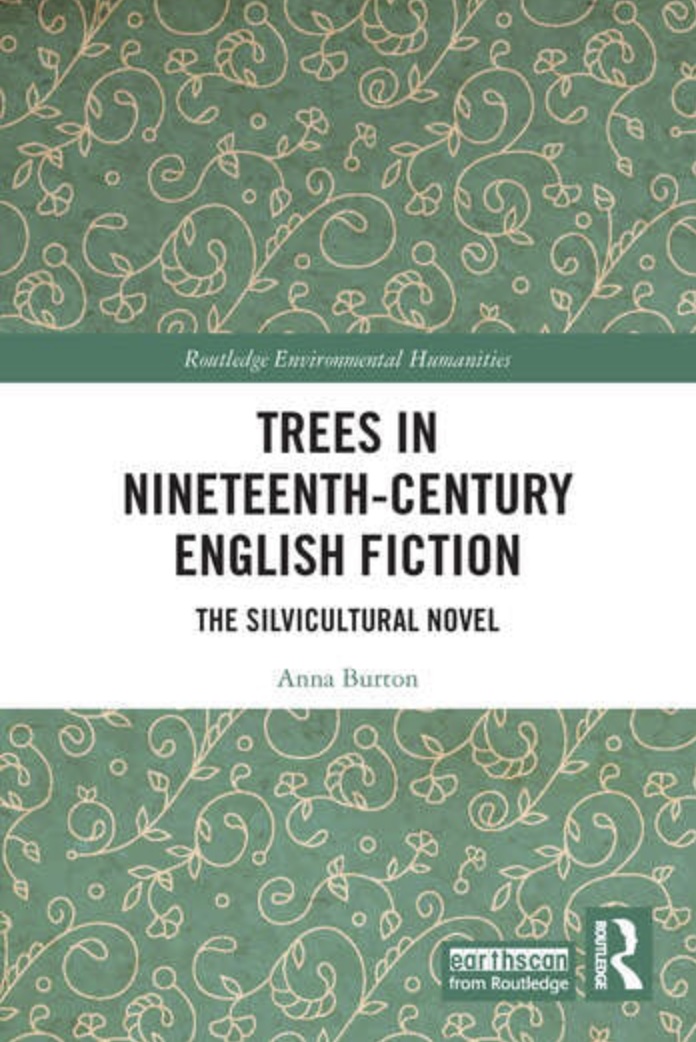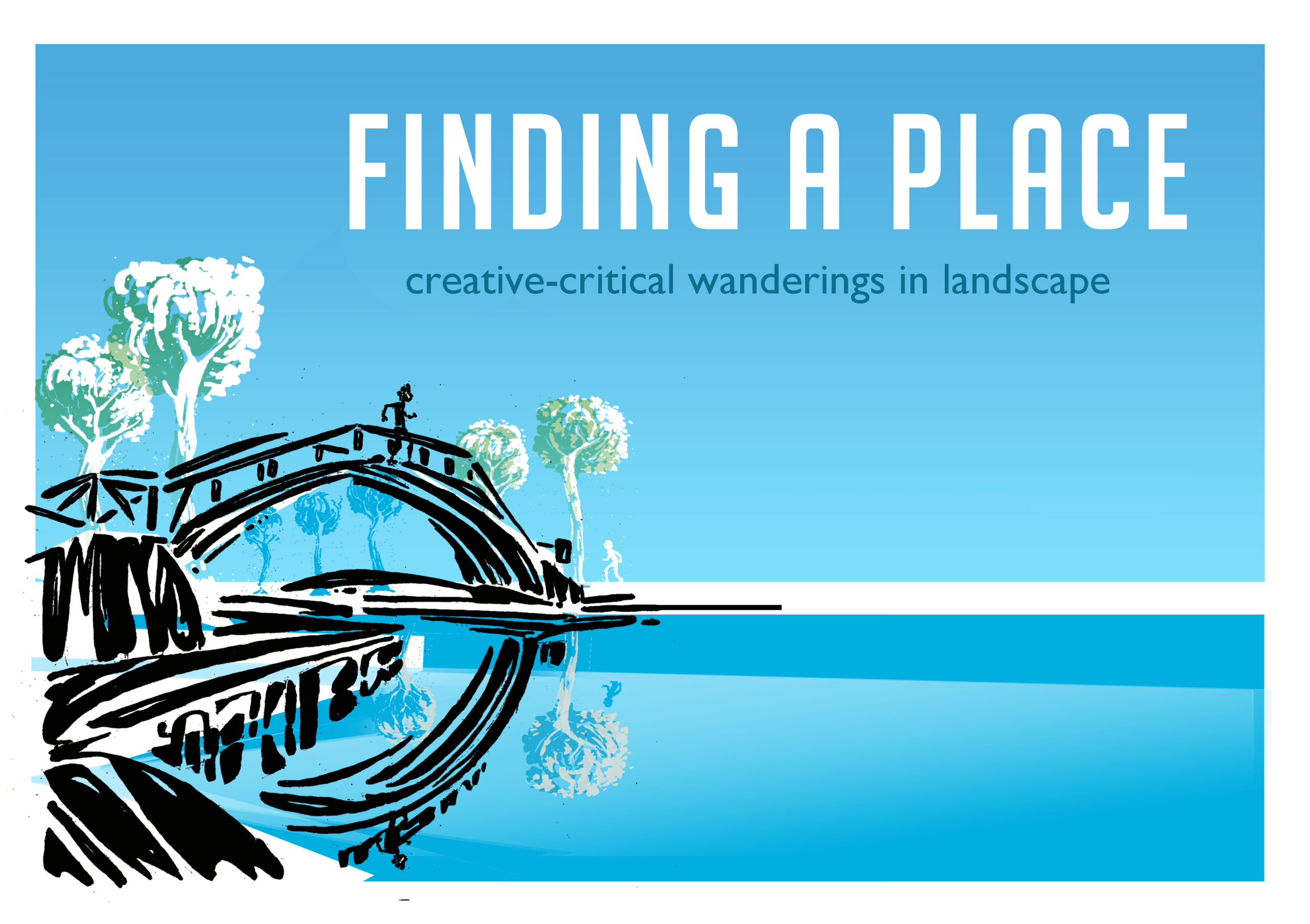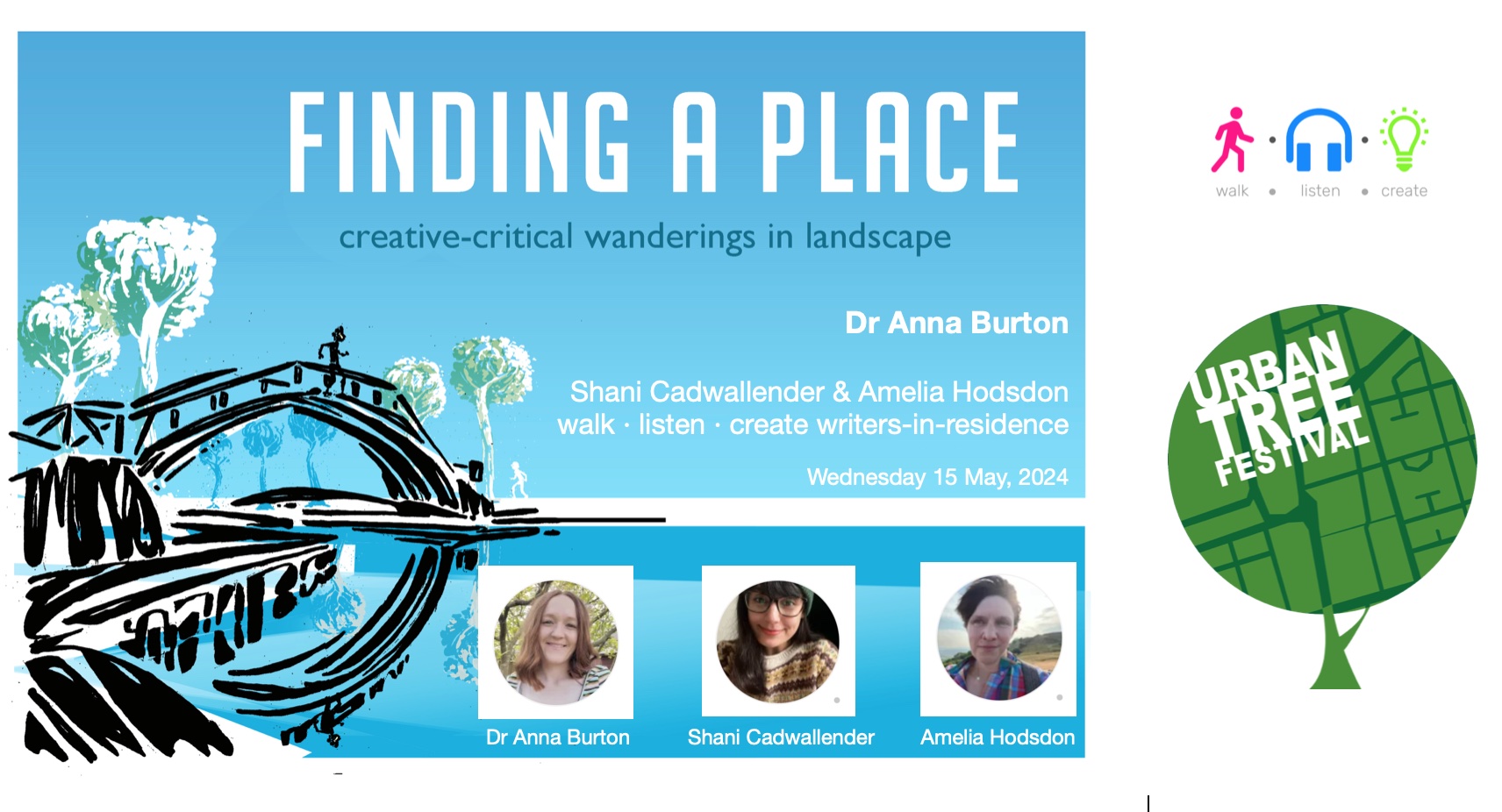The idea of ‘place’ helps us to consider our relationship to, and journey through, life’s landscapes, both literal and metaphorical. Whether we feel well-placed, on top, lost, out of place, or facing an uphill climb, we often describe our positionalities through metaphors about our physical positions, and, in turn, our relationships to our physical surroundings can have a profound impact on our sense of where we are in life.
In this series of creative-critical talks hosted by walk-listen-create’s poet-in-residence Shani Cadwallender and writer-in-residence Amelia Hodsdon, we invite scholars and writers whose work explores landscape, walking, and ‘finding a place’ to discuss what their latest research reveals about human relationships to place.
To celebrate the recent move towards incorporating creative or ‘non-traditional’ methodologies into research, our guests will also provide a stimulus for creative works, to which our writers-in-residence will respond. These creative responses will be presented alongside the main talk, followed by a (hopefully productively!) meandering discussion and Q&A.
Shani and Amelia have invited researcher and author Dr Anna Burton to be their guest. Anna has researched and written extensively about trees and how they have influenced the way we write about them – you can read some of her work in “Trees in Nineteenth Century English Fiction: A Silvicultural Novel“.

| Video recording |
Related

Trees in Nineteenth-Century English Fiction: The Silvicultural Novel
This is a book about a longstanding network of writers and writings that celebrate the aesthetic, socio-political, scientific, ecological, geographical, and historical value of trees and tree spaces in the landscape; and it is a study of the effect of this tree-writing upon the novel form in the long nineteenth century. Trees in Nineteenth-Century English



